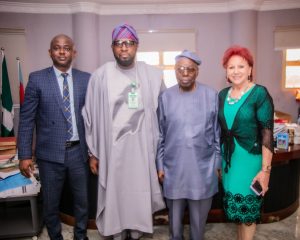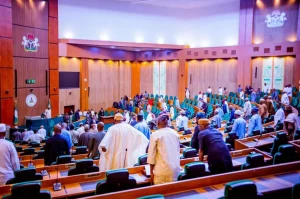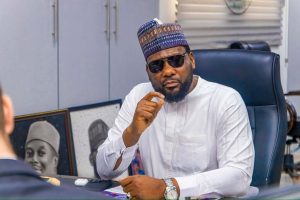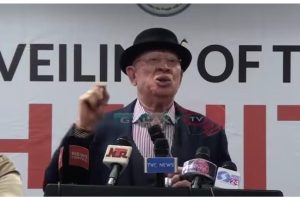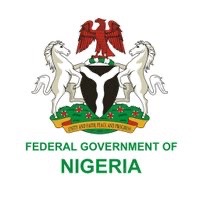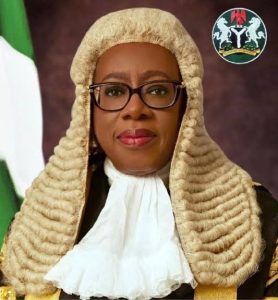The recent shocking revelation of senators in Nigeria earning N21million monthly against the 1million naira announced by the Revenue mobilization and allocation fiscal commission(RFMAC) is a testament to the fact that the current hardship in the country is not the same with people depending on their level and position.

However, while some are earning minimum wage, some others are lavishly earning living wage.
Wage payment in Nigeria has been a subject of controversy for many years. Record has it that in 2010, when there was negotiations for N18,000 from N12,000 per month, the governors claimed they could not pay. They then manipulated President Goodluck Jonathan to raid the Excess Crude Account before agreeing to the increment. Many states were adamant that they could not pay the new wage, otherwise they would go bankrupt. However, all three tiers of government now have more money following the removal of petrol subsidy in May 2023.
According to a report by the Nigeria Labour Congress, 15 states have yet to implement the N30,000 minimum wage of 2019. To cover the N30,000 payment, the Federal Government resorted to borrowing. The private sector is contending with multiple taxes, high energy costs, and steep recurrent and shabby infrastructure. The Labour union earlier proposed N494,000 as the minimum wage and the State Government proposed N60,000 but on July 18th, the federal Government reached an agreement with the labour unions.
For state governments who are championing refusal to pay the new minimum wage, it is time to cut their coats according to their clothes. The governments gave the impression that they have funds with the obscene display of wealth among public officials. Between 2021 and 2023, despite spending at least N21.04 billion on overseas trips, 14 state governments failed to attract any foreign investments into their domains. Between 2021 and the third quarter of 2023, these states did not attract any of the $14.85 billion foreign investments channelled into Nigeria but politicians keep receiving large allocation.
It may interest you to know that governors are spending the money their states don’t have, thereby piling debt for future generations. This has become a systemic problem, as governors know that money will always come from the Federal Accounts Allocation Committee, making them extremely lazy about generating revenue.How can states keep depending on FG?
Therefore, there is need for accountability in the states and citizens must demand for this without biases. Also, instead of building non-viable airports and other white elephants, the governors should cut down the cost of governance and tackle insecurity while the obscene pensions being paid to ex-governors are stopped. The legislators, who are also complicit in this macabre dance, must bring the governors to account.
The states should also invest in human capital and infrastructure, explore internal resources in their domains, develop agriculture, and invest in tourism to generate income. The electorate should be able to decide the fate of wasteful governors during elections.
President Bola Tinubu signed the new minimum wage law after a speedy passage by the national Assembly with a clause to review the wage every three years. The new law comes as the cost of living soars in Nigeria. The country’s inflation figure hit 34 percent in June 2024 according to national Bureau of Statistics(NBS). The payment of the newly agreed minimum wage of N70,000 was meant to have kicked off in April following the expiration of the old minimum wage of N30,000, signed into law in 2019 by Muhammadu Buhari.
Now that the minimum wage has been signed, it is criminal for any state government not to pay it. Hence, states should endeavour to generate enough revenue for themselves so that issues surrounding the payment of minimum wage can be a thing of the past.
Written by Tosin Adesile









